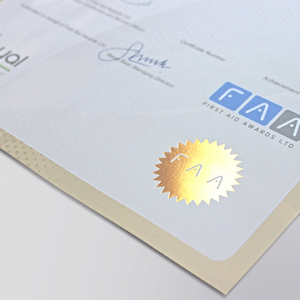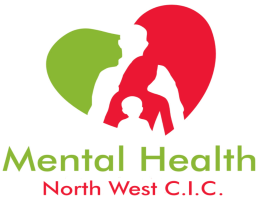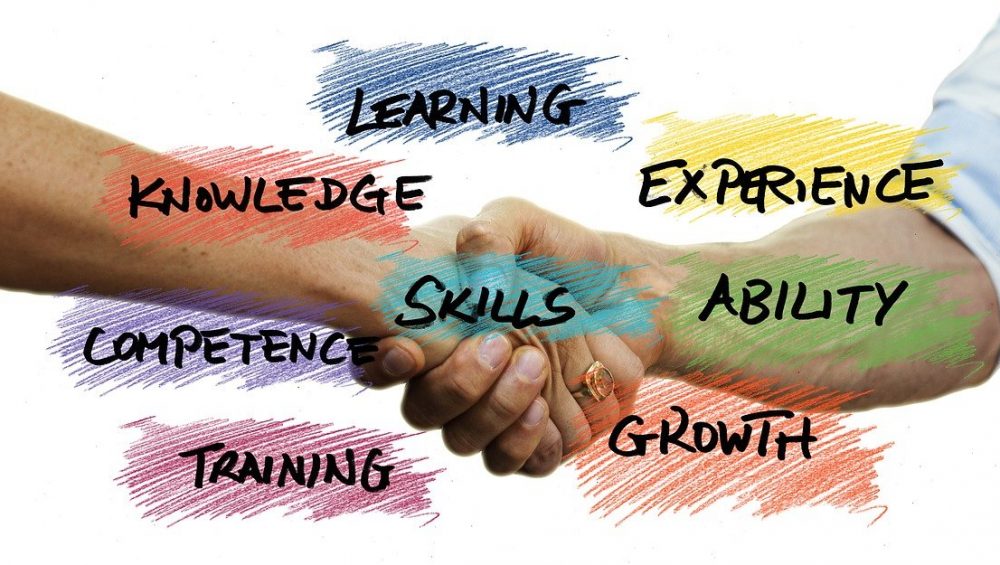Our top tips on what to look for if you’re choosing a First Aid for Mental Health course
 I wrote a post similar to this many years ago about selecting a First Aid Instructor – but several years into delivering First Aid for Mental Health courses I’ve come to realise that it’s even more important when you’re choosing any Mental Health Support type course.
I wrote a post similar to this many years ago about selecting a First Aid Instructor – but several years into delivering First Aid for Mental Health courses I’ve come to realise that it’s even more important when you’re choosing any Mental Health Support type course.
Over the last 24months the UK has seen an explosion in awareness of our own and collective mental health – which can only be a good thing – but that has also meant that there’s been a similar growth in companies and individuals delivering a range of different courses aimed at supporting that awareness – and increasingly I’m seeing courses that are either not very good, far far too technical or specific to the point of confusion.
So what should you be looking for?

I think the first thing to look at is what type of course it is – and here a quick understanding of some course jargon helps. Broadly speaking there are three types of course:
- Attendance based. The participants can just sit through presentations etc – there’s no real test of learning applied.
- Certified – this simply means you get a certificate at the end – but that certificate may just confirm that you attended – it could in fact say nearly anything, unless:
- Regulated. This means that you’ve done a course that is independently regulated by an Awarding Organisation or governing body – and usually means that a formal level of assessment and qualification has been part of the course.
We appreciate that many learners have a deep dislike of being assessed – and for some it can actually be a barrier to learning – so on all of our courses the assessment is optional, so learners will either get a certificate of attendance or an actual qualification from a regulated body, but it will be the same great course!
So what about the provider? 
I’ve attended a lot of people’s courses as part of my own personal development, and I’ve seen excellent, appalling, not safe and everything in between.
My considered opinion is that more than any other course I’ve seen delivered the trainer has to have additional skills and experience – the subject of mental health is vast – and everyone, instructor or participants will have differing experiences and potentially issues – so you need to know you’ve a provider who can allow for that. On my own instructor training course out of ten participants there were two who had to be told they weren’t suitable – they could pass the course – but they shouldn’t.
Simply doing an instructors course (typically 3-5 days) isn’t enough. Equally some of the worst courses I’ve seen have been from people with a huge amount of very specific training in a particular field – often that might not be relevant and can lead to them not actually having a positive appreciation or understanding of other options. Hearing CBT described as nonsense & that no-one should ever be medicated for mental health issues have both been alarming moments I’ve seen happen. A really good instructor should always be learning and should have the cpd record to prove it.
So what makes a good course?
There’s a clue in the title – this is a “First Aid” for Mental Health course – participants shouldn’t be seeking to diagnose or prescribe (on a first aid course we don’t need to understand why a heart has stopped beating, we need to do cpr. We don’t learn to do open heart surgery – we learn how to get the casualty to help quickly and appropriately). So I’d say you need to be looking for:
- A good general First Aid for Mental Health course with a strong focus on practical skills such as starting a conversation, recognising warning signs and signposting.
- An experienced Instructor – someone who’s got a broad range of experience in supporting people with mental health conditions, hopefully gained in a way relevant to your needs.
- Someone with an actual teaching qualification – I see this a lot. Its absolutely no use being the most knowledgeable instructor in the world if you don’t know how to pass that knowledge on.
- Steer away (at first) from specialisms – whilst its great to develop an understanding of subjects like CBT, transactional analysis, memory regression and many more – they all fall outside the scope of any practical immediate support for someone in crisis.
- Look for a course that teaches listening skills, that has a strong focus on how to raise difficult subjects and how to support people. No amount of skills will be of use if you can’t start that conversation and then know where to progress it to.
- Finally – look for a course that stresses how to look after yourself – mental health issues are a heavy load to carry & far too often I see well meaning people who’ve been on a course but end up inappropriately harmed by not understanding the role. You wouldn’t expect to become someone’s doctor if you helped them at the scene of an accident – and you shouldn’t become someone’s counsellor if you help then during a mental health crisis. Like all first aid the priority is to keep you safe.











